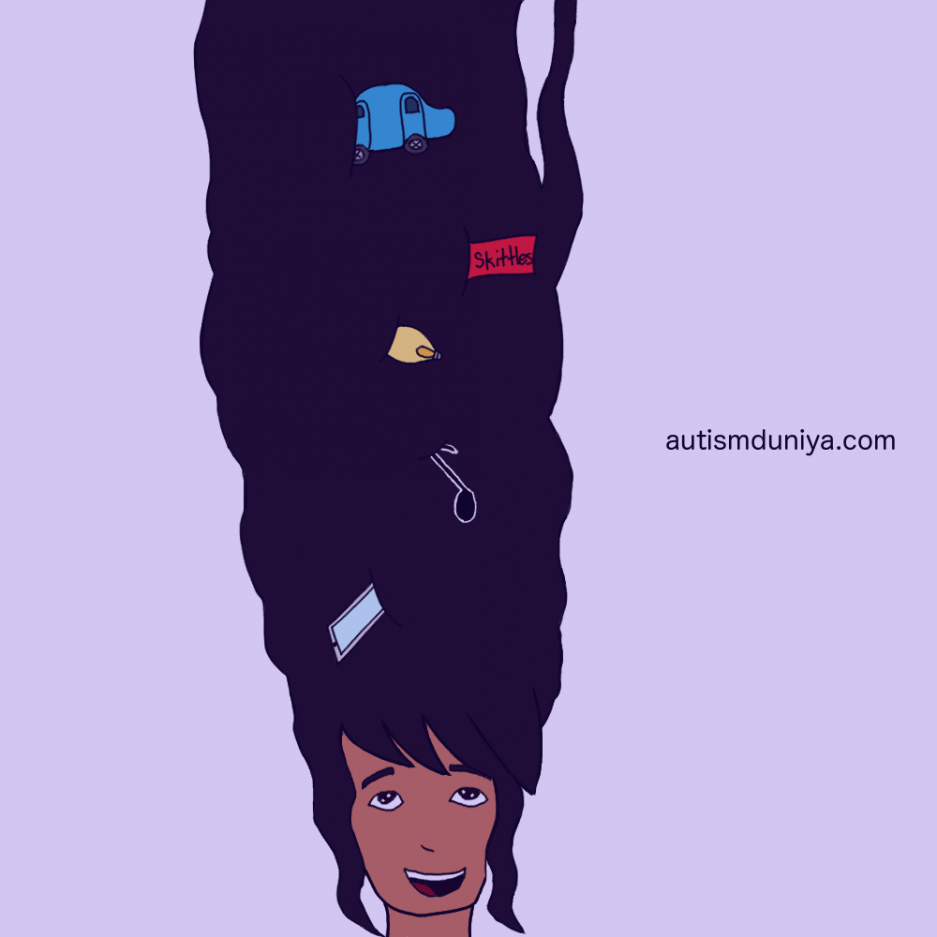“Being Those Trusted Ones”
I have been blown away by the responses to last week’s post on vigilantism. Several of my dear readers preferred to write to me privately, which I totally understand. We are not always able to engage in a group debate, particularly if special needs is right within our families. Talking about it can feel like backing up against a wall and having nowhere else to go. Then where do you put those emotions that you wish had not been stirred up. That was a longwinded way of saying to everyone who wrote in that I appreciate the reader engagement. And for those of you not connected to autism but still willing to say something, we in Autism Land appreciate and cherish your willingness to place your vulnerability alongside ours.
To be honest, this week’s post was put on pause in a deliberate fashion. I wanted to work through what was stirred up in my own mind. Someone asked me, “Which would you say is more challenging? A’s behaviors, or public reactions to his behaviors?”
I had to admit—both. So that explains why the autism life is so exhausting, doesn’t it? The autistic person is constantly trying to cope with the sensory assault of just being in the world, and then having to fit into neurotypical norms because it’s expected. This expectation can become a matter of survival as they get older, which is outrageous, and makes me truly despair. People want to understand; but then I see that A mostly gets kudos when he passes for ‘normal.’ That’s got to exact a huge toll on the brain and the spirit.
Then you have autism caregivers and siblings. We not only have to keep on forcing ourselves into roles that calm our autistic loved one, which leaves us without mental and emotional resources to spare; but then we also have to act as shields, both so that the outside world does not impinge too harshly on our loved one, and also so that our loved one does not cause too much disturbance to members of the public.
Here I am talking mostly about autism which is severe enough that the person will never arrive at total mastery of ‘normal’ behaviors. I include A in that category, not because I am being bleak and cruel, but because I am his mother who spends a lot of time with him, and I love him to the center of the earth and back. He is never going to stop being twitchy, and loud, and easily upset, and prone to sudden laughter, and fond of stimming. It attracts a lot of stares, comments, anger, and mockery. He was once wailing in hunger and confusion as he was wheeled in for a minor surgical procedure, and a man whose wife was also there for surgery used the F word on him.
I would like to be able to tell you that I handled it well. But I did not. I cried my eyes out, and couldn’t stop for ages. Knowing how his bawling can upset other people, we try to minimize the impact, but we didn’t really have a choice about seeking medical intervention for him, and he had a right to be there. I felt the blow to my heart keenly, however, and really, for that time when I let myself cry, I didn’t care if people looked at me in judgment. This is the toll that public scrutiny can take. Sometimes we have no polite smiles to give, and we cannot keep up the dance of prioritizing other people’s comfort without losing faith in community.
When A woke up from the sedation, he was ravenously hungry, and we fed him a big old dosa from his all time favorite restaurant. We worried about whether the Indian food smells would bother anyone, but he was the only one in the recovery room, and the nurses urged us to go ahead and do whatever made him happy. A rare moment of not having to police ourselves both culturally and behaviorally. We sank into the deep relaxation and mutual love fest that usually only happens at home. It was precious and perfect.
My sister Shobha and I were discussing once (with reference to a previous blog post) the idea that some people are considered ‘ungovernable’ by the state. Autistic people certainly run the risk of being seen that way. And in truth, some things about them ARE ungovernable. Even if society punishes them harshly (which happens), I doubt that a severely autistic person could connect his own past actions to why he is currently being incarcerated or restrained, or could take away any lasting lesson other than that the outside world can cause untold pain and fear.
So where does that leave us when it comes to hopes of inclusion? This is why the autism community needs thoughtful allies who will step up to be counted. To allow the painful internal turmoil that is part of the journey. To step out of our own intellectual limitations. To be those trusted ones who inspire the joyful autism laughter that is part of the soundscape of the world, and always has been.
Radha.
